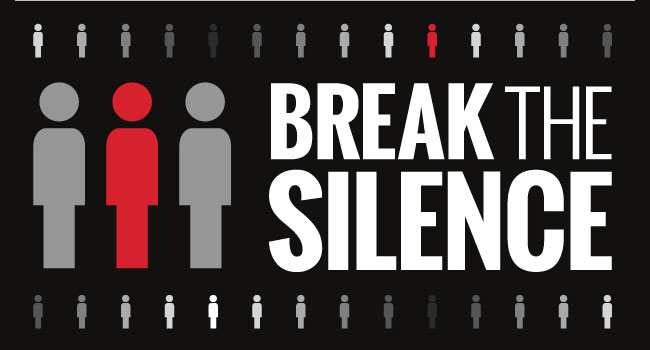
The NZ Herald, supported by owner NZME’s full stable of radio brands, are combining forces to shine a light on a subject many people find too tough to talk about – New Zealand’s teen suicide rate, which is the highest in the developed world.
A young Kiwi kills themselves every 67 hours, on average. Our teen suicide rate is so high it raises the global average. And the annual number of deaths are not dropping – they have remained largely unchanged for almost two decades.
Introducing Break the Silence, the major investigative series, NZME planning editor Chris Reed says the company aims to encourage troubled young people to talk about their situation; to ask for help; to know there’s hope.
Could we do more?
“And while there’s no denying the effort that has gone into reducing the suicide rate, the series also aims to start a national conversation about our handling of the issue,” Reed says. “Are we doing the right things? Could we be doing more?”
Throughout the series, the NZ Herald will be encouraging readers to donate to a variety of services that provide vital helplines.
The series has been six months in the planning and involved painstaking research and scores of interviews, Reed said. A questionnaire was sent to each of New Zealand’s more than 500 secondary schools.
Starts today
The results will be rolled out over several weeks and include a string of major multimedia investigations. The first, published today (Tuesday 4 July 4) focuses on an unprecedented suicide cluster at a school, the impact on the community, how the authorities responded and the positive initiative that resulted.
“Throughout the series, we’ll be outlining solutions – the great work being done already and new ideas,” Reed says. “We’ll also be looking at efforts to keep youth suicide rates down overseas. We’ll talk to people on the frontline – teachers, counsellors, community leaders and politicians.
Motivational stories
“We’ll hear from the families of those who have died – and the motivational stories of hope from people who attempted suicide and are subsequently living rich, fulfilling lives.”
Reed acknowledges this is a controversial subject. “In fact, some people believe it’s one that should be out of the public eye. However, we believe New Zealand is mature enough to consider our record in this area. We believe this is something people should think about because the death rate is not showing any signs of improving.
“Our coverage will be thorough and sensitive. We do not profess to be experts in this field, but we have spoken to many, many people who are. Their views may reinforce readers’ opinions or change their minds.”
NZME is promising widespread support from its radio brands, with a flagship component a special edition of ZM’s Sealed Section show on Sunday 16 July.
Break The Silence begins today and continues throughout July.
What Becomes of the Broken-Hearted
The first presentation is called What Becomes of the Broken-Hearted. Each piece from the series will link to an explainer that sets out the reasons for the series.
Stories will be collected at www.nzherald.co.nz/breakthesilence.
Where to get help
If you (our reader) are worried about yours or someone else’s mental health, the best place to get help is your GP or local mental health provider. However, if you or someone else is in danger or endangering others, call police immediately on 111.
Or if you need to talk to someone else:
- Lifeline: 0800 543 354 (available 24/7)
- Suicide Crisis Helpline: 0508 828 865 (0508 TAUTOKO) (available 24/7)
- Youthline: 0800 376 633
- Kidsline: 0800 543 754 (available 24/7)
- Whatsup: 0800 942 8787 (1pm to 11pm)
- Depression Helpline: 0800 111 757 (available 24/7)
- Samaritans: 0800 726 666
Share this Post


